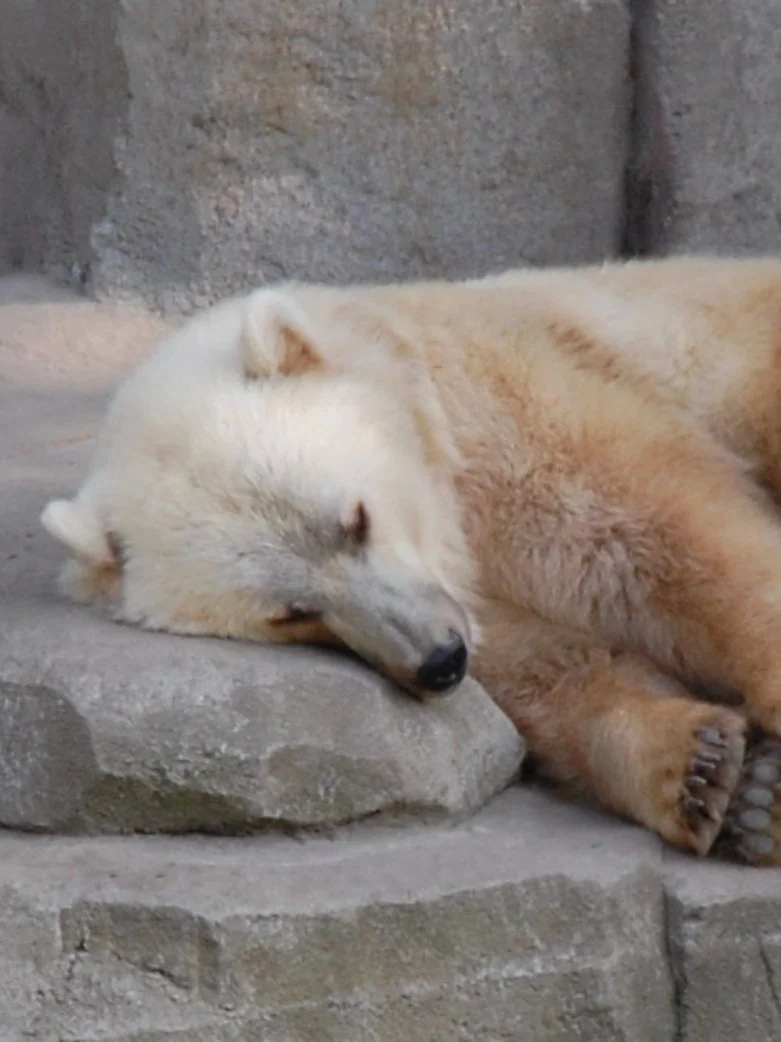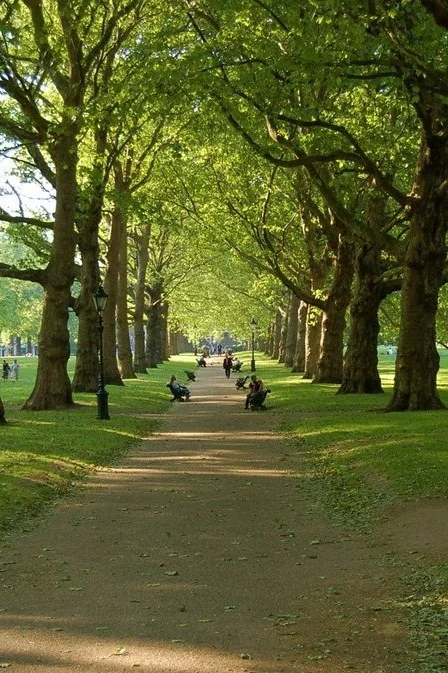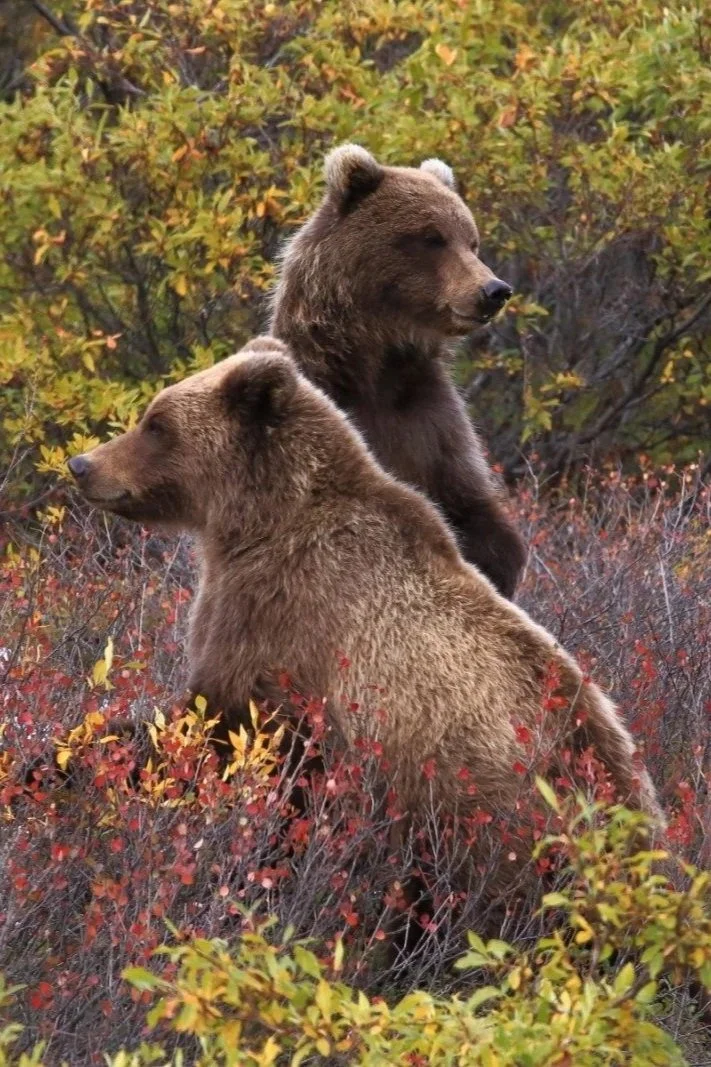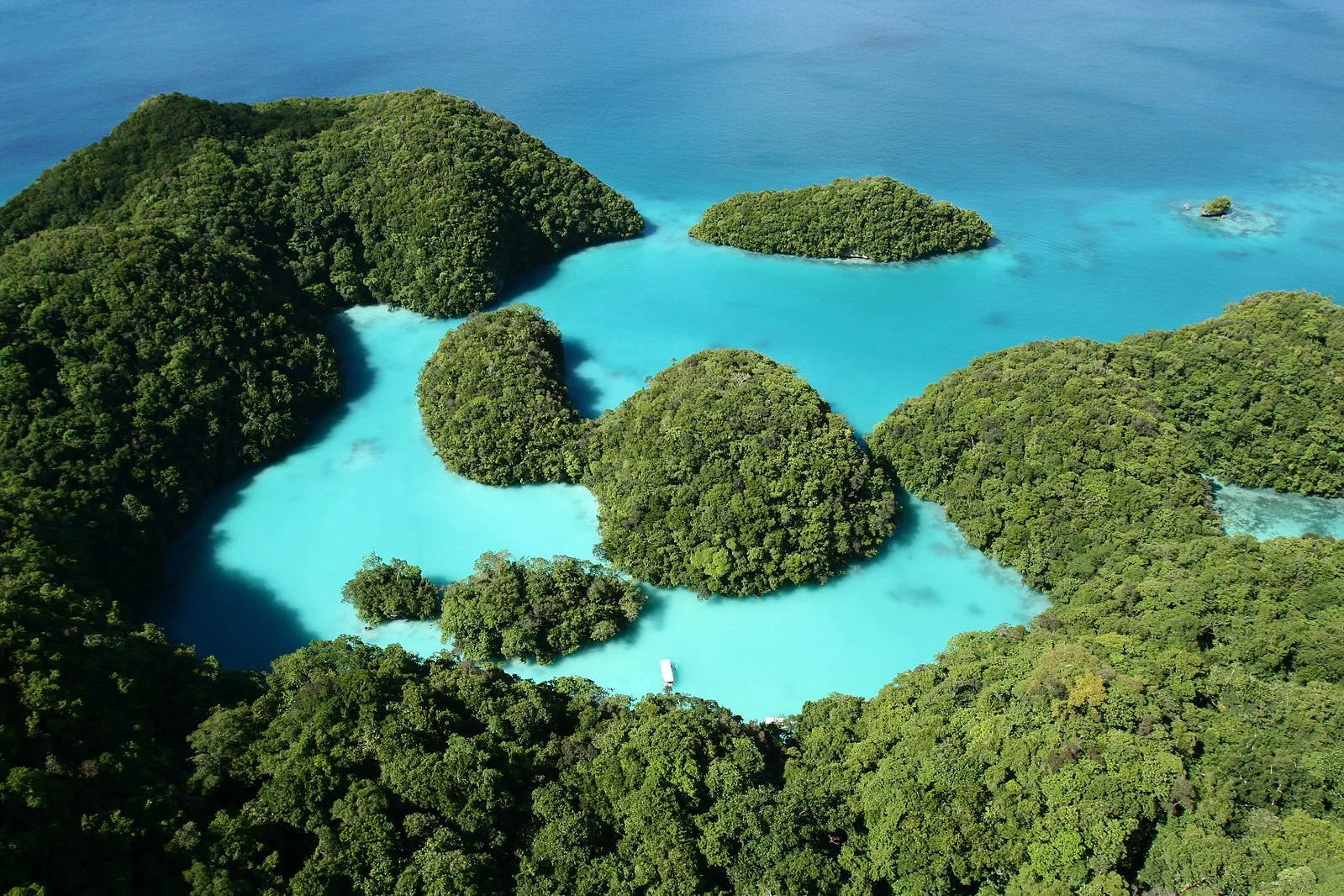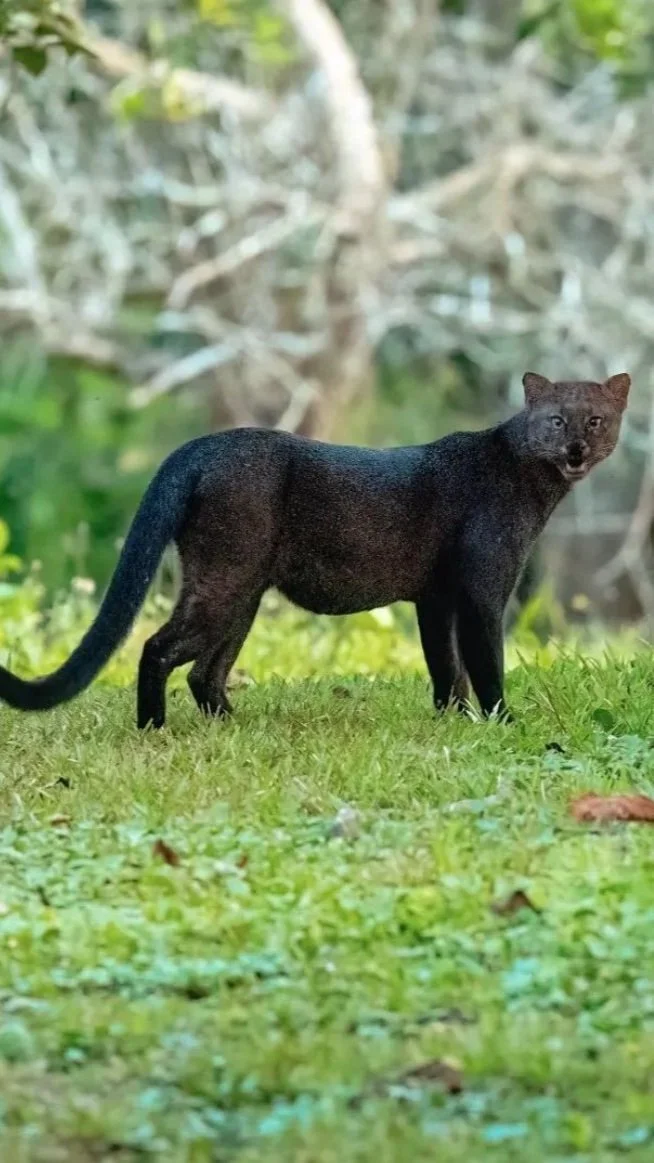Polar bear and grizzly hybrids raise important questions about climate change impacts on mammalian genetics and populations.
Read MoreDespite the potential for A.I. to create positive environmental impacts, debate emerges over its incredible strain on our natural resources.
Read MoreControlled burns in Washington State are being conducted without tribal collaboration – a concerning decision due to the practice’s roots in Indigenous science.
Read MoreThe use of “forever chemicals” has created serious problems for cities across Washington State, impacting both human and environmental health.
Read MoreGrass is often not thought of first when it comes to sustaining a healthy ecosystem. However, a growing body of research suggests that not all grasses are created equal. By monitoring how grass species interact with the surrounding environment, and by choosing specific species to plant, the more deliberate use of grass could make a favorable difference in Seattle’s landscape.
Read MoreIt’s staple in our ever-growing urban skyline, but how much do you really know about the utility pole?
Read MoreExploring poetry as a muse, within and independent from the pursuit of science.
Read MoreScientists and North Cascades locals alike weigh in on the benefits and drawbacks of returning grizzly bears to Washington State.
Read MoreThe environmental impact of plant-based diets are often disregarded, but the solution is more local than you think.
Read MoreChanges in sea conditions lead to shifts within marine ecosystems and die offs of the Velella velella jellyfish.
Read MoreClimate change can be a stressful and scary topic to many. To help combat this, people are increasingly coming together in conversation in what are called “climate cafés.”
Read MoreLight pollution can have adversary effects on both the environment and human health. Understanding these impacts is the first step in not only the planet, but also making the night sky visible to more of the world.
Read MoreThe Pacific island nations are some of the countries most impacted by climate change. To offset the effects of ocean warming and coastal erosion, countries like Palau utilize traditional agriculture and farming techniques to protect their home.
Read MoreAn infectious cancer has recently been discovered among clams in the Pacific Northwest. As its prevalence increases, scientists speculate on why it may be occurring and its implications for human cancer research.
Read MoreSince their construction, the Snake River Dams have sparked controversy. As the need for renewable energy infrastructure grows, however, scientists, politicians, and civilians continue to debate over the sustainability and ethicality of these dams and their impacts on Indigenous sovereignty.
Read MoreAs human development spreads worldwide, the need to understand its impacts on the environment are necessary. Third-year student Kayce Hsueh shares her experience studying in southeastern Peru this past summer and researching the effects of anthropogenic activity on Amazonian mammals.
Read MoreIn August 2023, a sunfish was spotted in south Puget Sound. Scientists speculate on why this tropical fish may have been sighted in the temperate waters of Washington state and what it means for marine life habitat shifts as climate change persists.
Read MoreRecent stories of orca attacks on boats have made global headlines, causing a stir about the future of orca-vessel interactions. Expert orca researchers provide insight on why these creatures may be behaving this way.
Read MoreLow-density housing and urban sprawl are harmful to the environment. To mitigate the impacts of urban warming, shifting toward compact cities and transit-oriented development may be the solution.
Read MoreLow-income communities have little access to organic, locally grown, and plant-based foods. In order to decrease our carbon footprint from meat and food transportation we must increase accessibility to those underserved.
Read More

